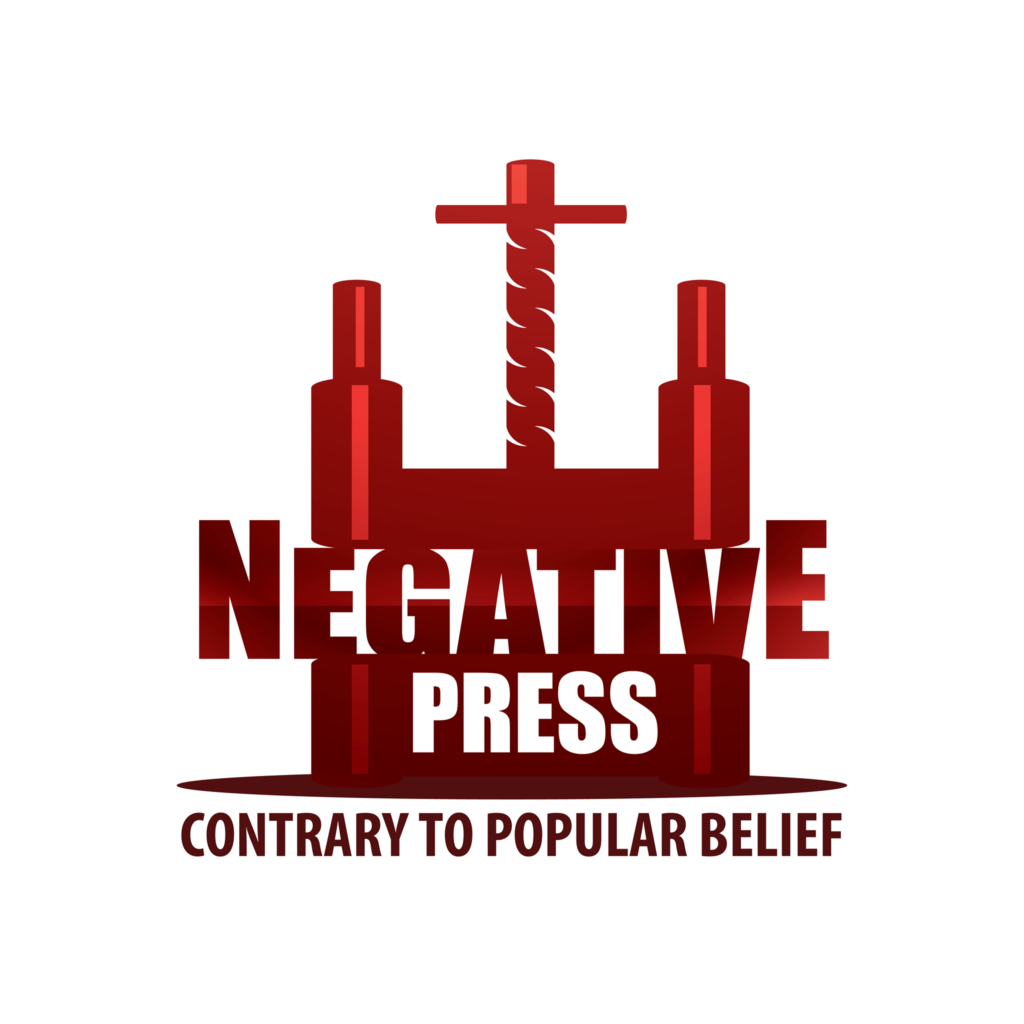Iran launched a large-scale ballistic missile attack on Israel on Tuesday evening, which was largely intercepted, according to Israeli authorities. This strike has heightened concerns about the potential for a full-scale conflict between two of the most powerful military forces in the Middle East.
The attack has left the region tense as it awaits an Israeli response.
“Iran made a big mistake tonight — and it will pay for it,” said Israeli Prime Minister Benjamin Netanyahu in a statement, emphasizing Israel’s resolve to defend itself and retaliate.
The Israeli military reported that Iran fired around 180 missiles in the assault, prompting millions to seek shelter. By midnight, however, restrictions on public gatherings in areas such as Jerusalem and Tel Aviv were lifted, indicating that further immediate attacks were not expected.
Iran’s Revolutionary Guards Corps stated that the missile strikes were in retaliation for recent assassinations. In July, Hamas’s political leader, Ismail Haniyeh, was killed in Tehran, and just days ago, Hezbollah’s leader, Hassan Nasrallah, was killed by an Israeli airstrike near Beirut.
Iranian military commander Mohammad Bagheri said that their missiles targeted three military bases and Mossad headquarters, Israel’s intelligence service.
Israel’s air defense system intercepted most of the missiles, and there were no casualties reported in Israel, though a Palestinian man in the West Bank was killed by shrapnel. The Israeli military released footage of a school building in central Israel that was struck.
Verified video footage also showed Iranian missiles hitting the Israeli air base Nevatim in the Negev desert, one of Iran’s declared targets. Rear Adm. Daniel Hagari, Israel’s chief military spokesperson, stated the attack had “no impact” on Israel’s operational capabilities, affirming continued military operations in the region.
Shortly after, Israel announced strikes on Hezbollah targets in Beirut, following an earlier ground invasion into southern Lebanon. Lebanese health officials reported that 55 people were killed and 156 wounded in the strikes.
Here are the key developments:
U.S. Response: President Biden reaffirmed strong U.S. support for Israel’s defense, with American naval forces assisting in intercepting missiles. The Pentagon announced the deployment of additional U.S. troops to the region, bolstering the existing 40,000-strong force.
Recent History: Iran’s last attack on Israel occurred in April, but most of the missiles and drones were intercepted. In response, Israel targeted an airbase near Iran’s nuclear facilities, though it refrained from hitting the nuclear sites themselves.
Tel Aviv Shooting: Six people were killed in a shooting on a light rail train in Tel Aviv during the missile assault. Israeli authorities labeled it a terrorist attack.
Evacuations from Lebanon: The U.S. State Department is working to increase flights for American citizens wishing to leave Lebanon, urging evacuation due to the escalating conflict.
Gaza Conflict: Israel continues to strike Hamas targets in Gaza, attacking two former school buildings used as command centers. Gaza health officials reported 23 fatalities from Monday to Tuesday, with the total death toll in Gaza surpassing 41,000 Palestinians, though these figures do not differentiate between civilians and combatants.


